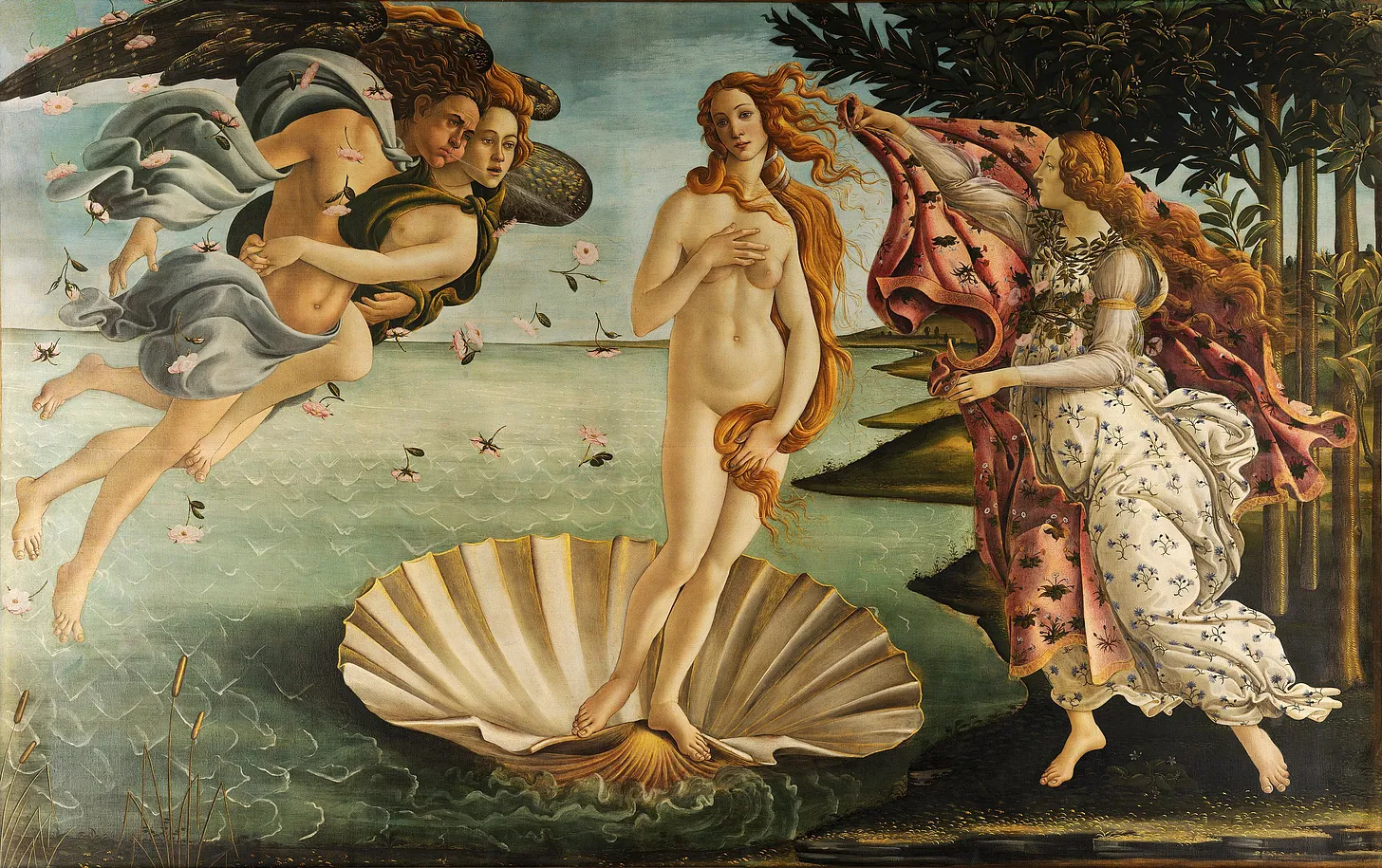Yes, it wouldn't be wrong to say that I have faith in the path. True, also, that without this 'faith' I couldn't move on for very long. However it must be immediately added that this faith has very little to do with blind religious faith (we could equally say, it has very little to do with the grace of faith). My approach is very different. A gross analogy could be a financial one. I am investing my assets in this path and I expect a very high return. Not because I have clairvoyance, not because I bet on it based on what others say, but because it proves to me, month after month, that the payouts are there. First I got into it 'by chance' because it effectively addressed (in the first insights then provided by Cleric and Ashvin) some dissatisfaction I had with BKs philosophy. Then the only "risk" I took - you could say based on faith, other would say based on affinity, or gut feeling - was to spend some time at the beginning, getting familiar with the spirit of the path. All that has happened afterward has not been faith-based, in the sense that I constantly get returns for the efforts I put in. Sure, I could still abandon the path and pursue other promising investments. The reason I am not doing it is that I have certain faith that what's been happening so far, will continue to unfold and bear fruits. I have a vague sense of the extension of the long way ahead. As I said, this is not only a tough task, it's also super exciting, and I couldn't accomplish it without the faith that the little that has unfolded (and is unfolding) is not just an incredibly bizarre coincidence, rather it is a solid proof that there is logic and lawfulness to this path, which is getting integrated, though in modest and vastly incomplete ways so far.
Stranger wrote: ↑Tue Feb 07, 2023 3:29 pm Right, I admit that was an overstatement on my part, of course these are collectively/cosmically created structures, we may be able to consciously participate in them but we cannot "bend" them as we would wish according to our individual preferences. Still the question remains: was there anyone who was able to consciously inwardly experience that machinery of the creation of sensory experiences?
I think the way the question is turned, makes it inherently unsolvable, and ultimately, unhelpful.
Unsolvable because, even if we imagine it was possible to somehow demonstrate that some did, how would this make sense with the inherent living thinking, first-person nature of this path? If it was possible, it would be a logical absurdity for the living thinking path to be both living and "demonstrated". The word “demonstration” would lose significance. Demonstrated how, based on what self invalidating methods? Or methods that are completely at odds with the higher cognition they should demonstrate.
The question is also unhelpful, because a demonstration (whatever it might mean) would not help us in the least, with our individual progression, because progression needs to be directly experienced.
One would receive much more encouragement and confirmation from 'investing' some initial efforts and watch the results (but eagerness and excitement are required, that's the thing) rather than speculating around impossible demonstrated cases of living thinking. I do think this is the true spirit of your question: "How can I find the motivation to seriously dive into this inquiry?"
Stranger wrote: ↑Tue Feb 07, 2023 3:29 pm Right, I didn't mean refusal or struggle with the precipitated thoughts, I meant exactly being able to become conscious of the machinery of their generation, and as we become conscious, also being able to willfully participate in this generation process and bending it according to the curvatures of higher-order meanings. In other words, we redeem the unconscious and mechanistic lower-order cognitive processes by making it conscious, "becoming" it and willfully redeeming it by shaping it according to higher-order meanings. So, I was asking if anyone here was actually able to fully accomplish it as an actual internal experience?
For my part, certainly not. As I see it, there are many many milestones on the way, before that realization.
The way it looks to me, Eugene, is that your question here is very similar, if not identical, to the question just above.
